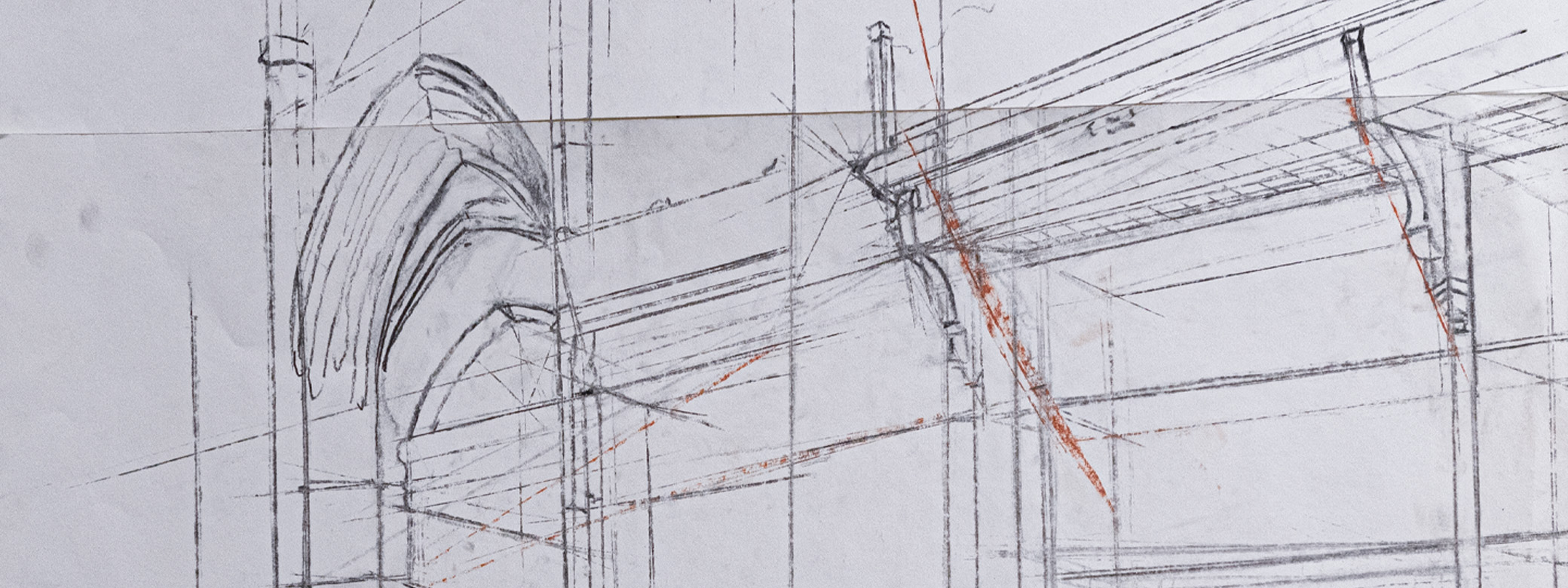Outside Adviser:
Christian Novetzke (Jackson School of International Studies)
The bodies of same-sex loving men and women have been subject to state-sponsored oppression, censorship, and brutalities since Pakistan’s inception. These violences have been increasingly aggravated since the 1980s. This paper examines the work of contemporary Pakistani artist Anwar Saeed. In his paintings, Saeed interrogates conflictual intersections between sexuality, religion, love, violence, and the nation-state through representations of queer male bodies. By way of his references to sexuality and queerness, Saeed forges artistic intimacies between his practice, other Pakistani artists, and local religious and cultural histories. By doing so, Saeed works within the parameters of the Pakistani nation-state as a means of working against it. This is to say that Saeed’s work has developed through the subversive concept of disidentification, as informed by queer theorist José Esteban Muñoz. Keeping in mind the theory’s US based context, this paper seeks to consider disidentifications in the context of Saeed’s practice; an analysis of this kind can possibly create an opening for a cross-border analysis of the effects of power on gender, sexuality, and queerness that departs from generalizing, Eurocentric accounts of inequality, patriarchy, and oppression.
